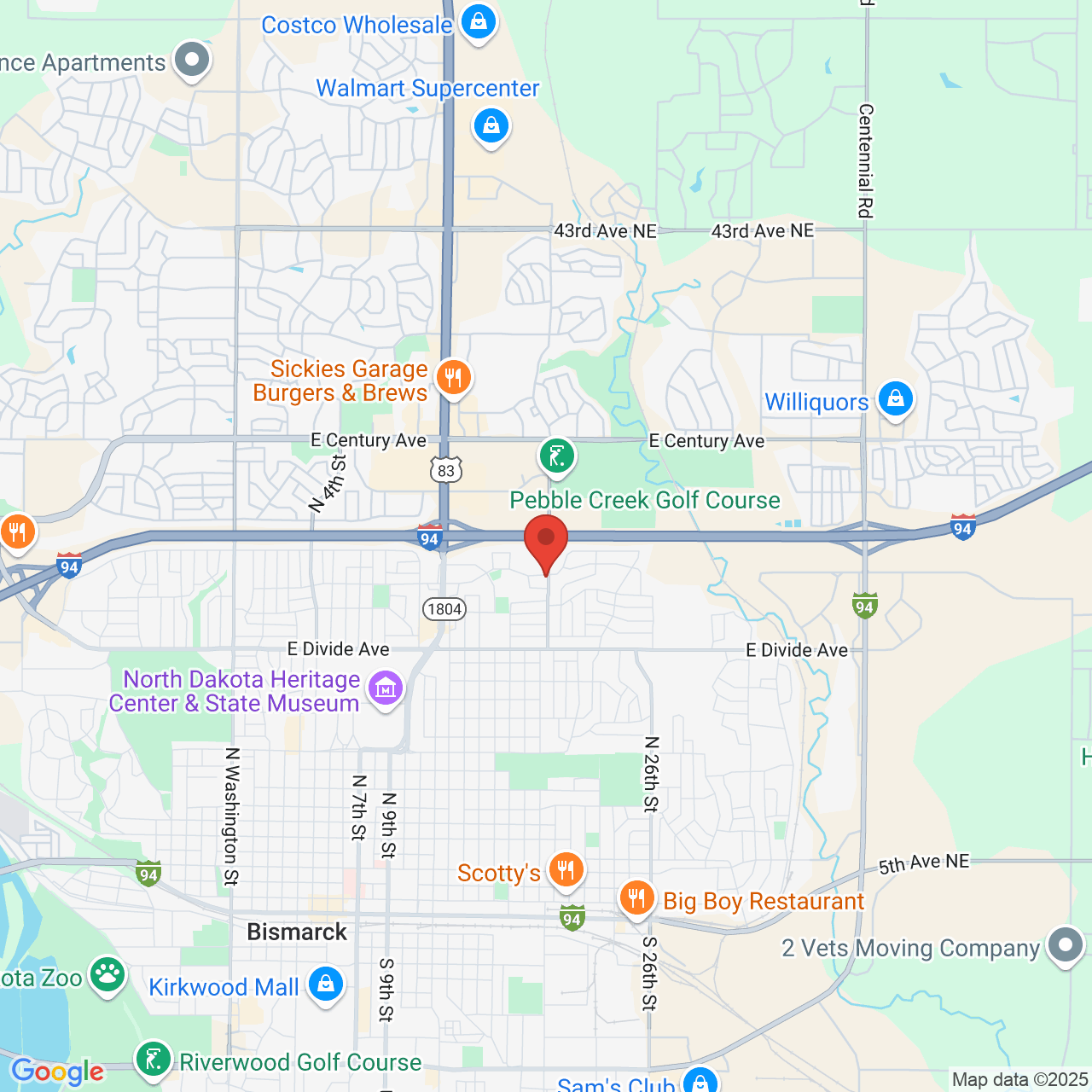Symptoms of TMJ Disorders and Your Treatment Options
 There's more to a healthy mouth than just the teeth and the gums. Those outward signs of dental health are important, obviously, but there are other parts of the mouth that are crucial for total dental wellness. One of these structures is the jaw joint.
There's more to a healthy mouth than just the teeth and the gums. Those outward signs of dental health are important, obviously, but there are other parts of the mouth that are crucial for total dental wellness. One of these structures is the jaw joint.
The team at our cosmetic dentistry center would like to take a few moments to consider one serious and yet misunderstood dental health issue that involves the jaw joint: TMJ disorders.
What is the TMJ?
TMJ is an abbreviation for the temporomandibular joint. This is the joint that joins the cranium to the mandible. It is one of the most complicated joints in the human body given the various bending and sliding motions needed for eating, speaking, laughing, and so forth.
Many times TMJ disorders are colloquially referred to simply as TMJ, though technically they ought to be referred to as TMD.
What is a TMJ disorder?
A TMJ disorder refers to any issues that impede or impair the proper function of the jaw joint. This is generally noted as the grinding, clicking, popping, and grinding of the jaw.
Common Causes of TMJ Disorders
The most common causes of TMJ disorders are:
- Bruxism (tooth grinding)
- Jaw injury
- Arthritis
Signs and Symptoms of TMJ Disorders
The common signs and symptoms of TMJ disorders include:
- Clicking, popping, and crunching sounds in the jaw
- Locking of the jaw or limitations in jaw movement
- Jaw pain or soreness
- Headaches or earaches
Minimally Invasive Treatment Options for TMJ Disorders
If a TMJ disorder occurs due to tooth grinding, the use of a night guard is a common treatment to consider. A night guard is a mouthpiece that is worn at night in order to prevent the upper teeth and lower teeth from meeting. This relieves the strain on the jaw and may alleviate the various symptoms associated with a TMJ disorder.
Dentists may also focus on addressing the TMJ disorder itself. In these cases, orthodontic treatment may be considered to improve dental alignment and prevent tooth grinding from occurring. Stress relief and relaxation techniques may be recommended as well.
Advanced Therapies for TMJ Disorders
If a patient does not respond well to less invasive therapies for TMJ disorders, there are more advanced treatments to consider. Arthrocentesis may be used, which involves the use of needles to flush out inflamed tissues in the joint while also lubricating it. A minimally invasive surgery known as arthroscopy may be used as well to carefully make adjustments to the structures of the jaw. The last resort is generally open jaw surgery.
Addressing Other Issues Associated with TMJ Disorders
If the TMJ disorder is the result of an injury to the mouth or tooth grinding, you will likely have other matters that will need to be addressed. In such cases, tooth damage can also be dealt with using restorations such as dental crowns, and other injuries to parts of the mouth can be carefully treated using other restorative therapies.
Learn More About Advanced Dental Care Treatment
If you would like to learn more about TMJ disorders and your many options available for treatment, be sure to contact our Bismarck, ND cosmetic dentistry center today. The entire team here looks forward to meeting you in person and helping you make smart choices with regard to your overall health and wellness.


